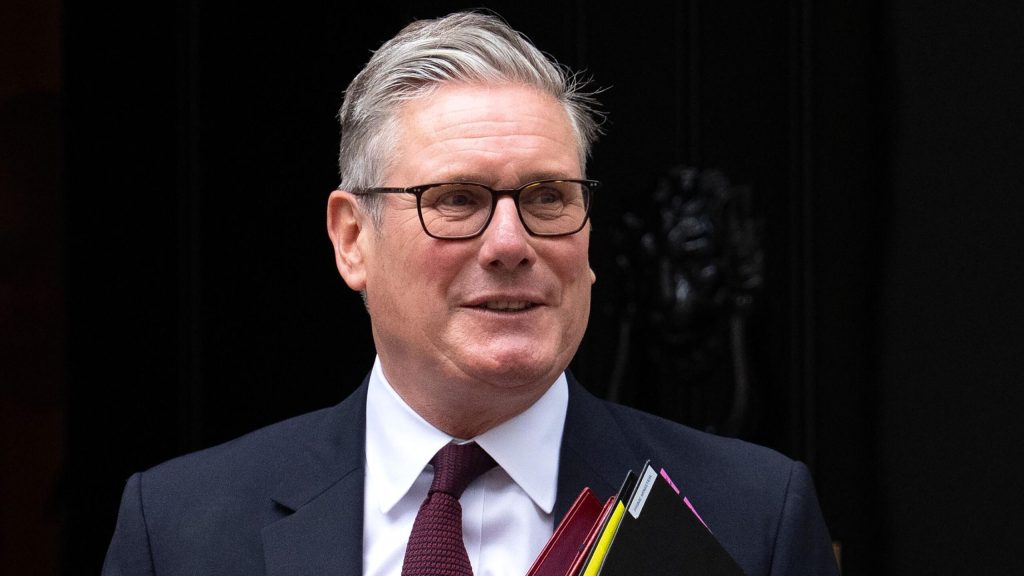UK to Roll Out Mandatory Digital ID for Workers by 2029

The UK government announced on Friday that it will roll out a compulsory digital ID system for British citizens and residents starting a new job, aiming to curb illegal immigration.
“It will make it tougher to work illegally in this country, making our borders more secure,” Prime Minister Keir Starmer said in a statement announcing the initiative, which had previously been under consideration.
The plan has faced criticism from political opponents who argue that it won’t deter illegal migration and could infringe on civil liberties.
“It’s laughable that those already breaking immigration law will suddenly comply, or that digital IDs will have any impact on illegal work, which thrives on cash-in-hand payments,”
said a spokesperson for Nigel Farage’s populist Reform UK Party, which leads opinion polls ahead of an election not due until 2029.
“All it will do is impinge further on the freedoms of law-abiding Brits.”
According to the government, the digital ID will be stored on individuals’ mobile phones and will become a required part of employer checks when hiring workers by the end of the current parliamentary term in 2029. Over time, the system is also expected to grant access to services such as childcare, welfare, and tax records.
In the 2000s, a similar proposal was put forward by the Labour government under then-Prime Minister Tony Blair, but it was later scrapped by Gordon Brown after facing strong public and political resistance over privacy concerns.
Since the end of World War II, UK residents have not been issued identity cards, instead using documents like passports and driving licences for identification when needed.
The new policy has also drawn sharp criticism from Irish nationalist leaders in Northern Ireland, where many residents hold Irish rather than British passports and often view UK state initiatives with skepticism.
The proposal was “ludicrous and ill-thought out” said Northern Ireland First Minister Michelle O’Neill, the head of Sinn Féin in the region.She said it was “an attack on the Good Friday Agreement and on the rights of Irish citizens in the North of Ireland,” referencing the 1998 peace deal that helped bring an end to decades of conflict involving Irish nationalists, British forces, and unionists.
